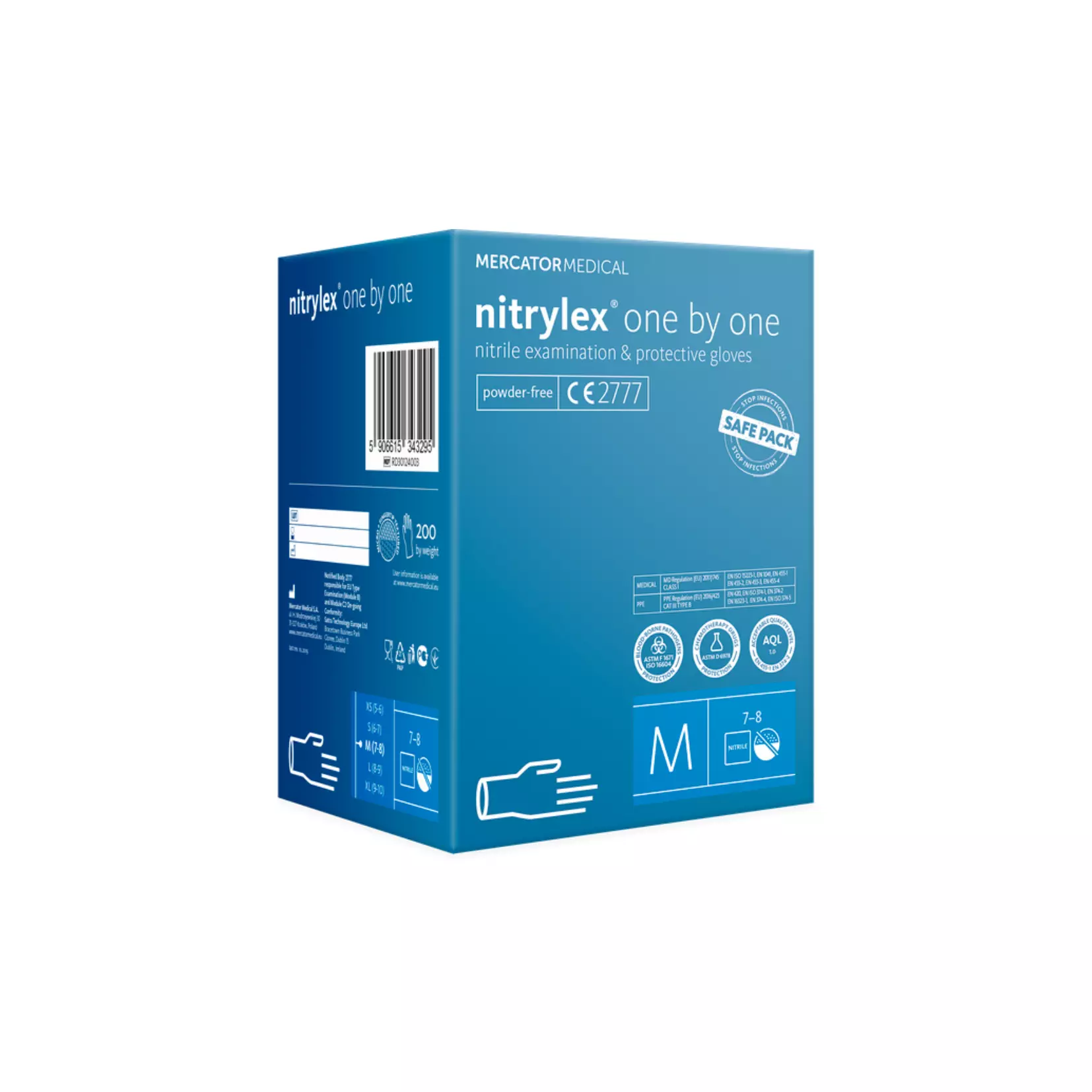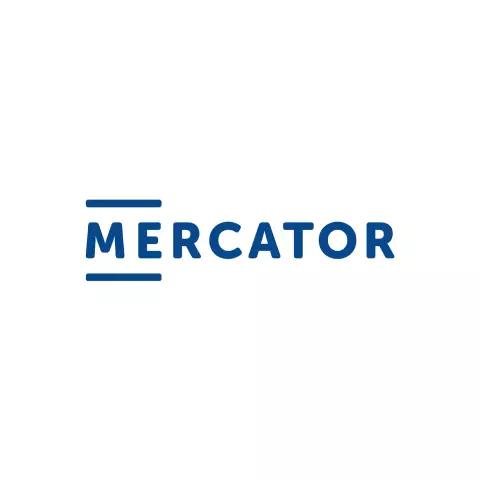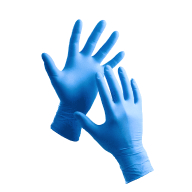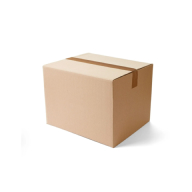Nitrylex One by one
5.0 / 5
Product description
The product description has not been specified
About Disposable Nitrile Gloves
Disposable Nitrile Gloves provide latex-free hand protection with superior chemical and puncture resistance. These single-use gloves offer excellent tactile sensitivity and a secure fit, making them ideal for healthcare, food service, cleaning, and industrial applications where hygiene and safety are essential.
Standards and labels
Mercator delivery terms
Free delivery for all Mercator products
Prices excl. VAT
83,75 €
Price per 10 packages (2 000 pcs)
4,19 € / 100 pcs
Estimated delivery: Thu Sep 25 - Mon Sep 29
Minimum: 45 cartonsChoose quantity
XS
S
M
L
XL
Add 45 to reach minimum
Free delivery
A carton contains 10 packages (2 000 pieces)
View packaging details



